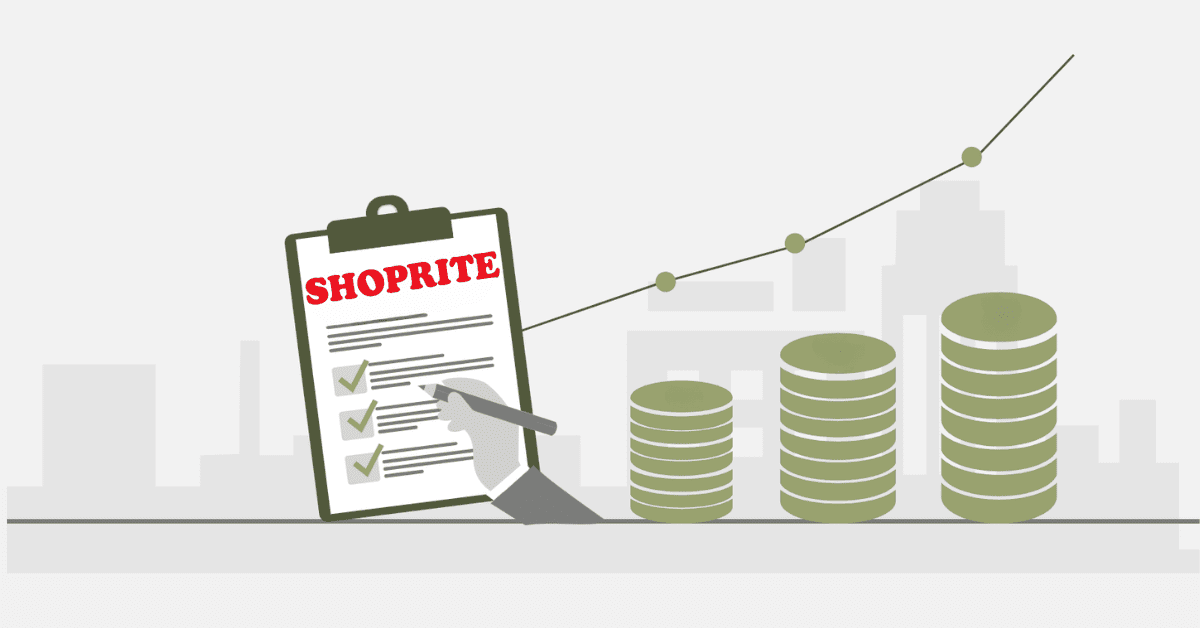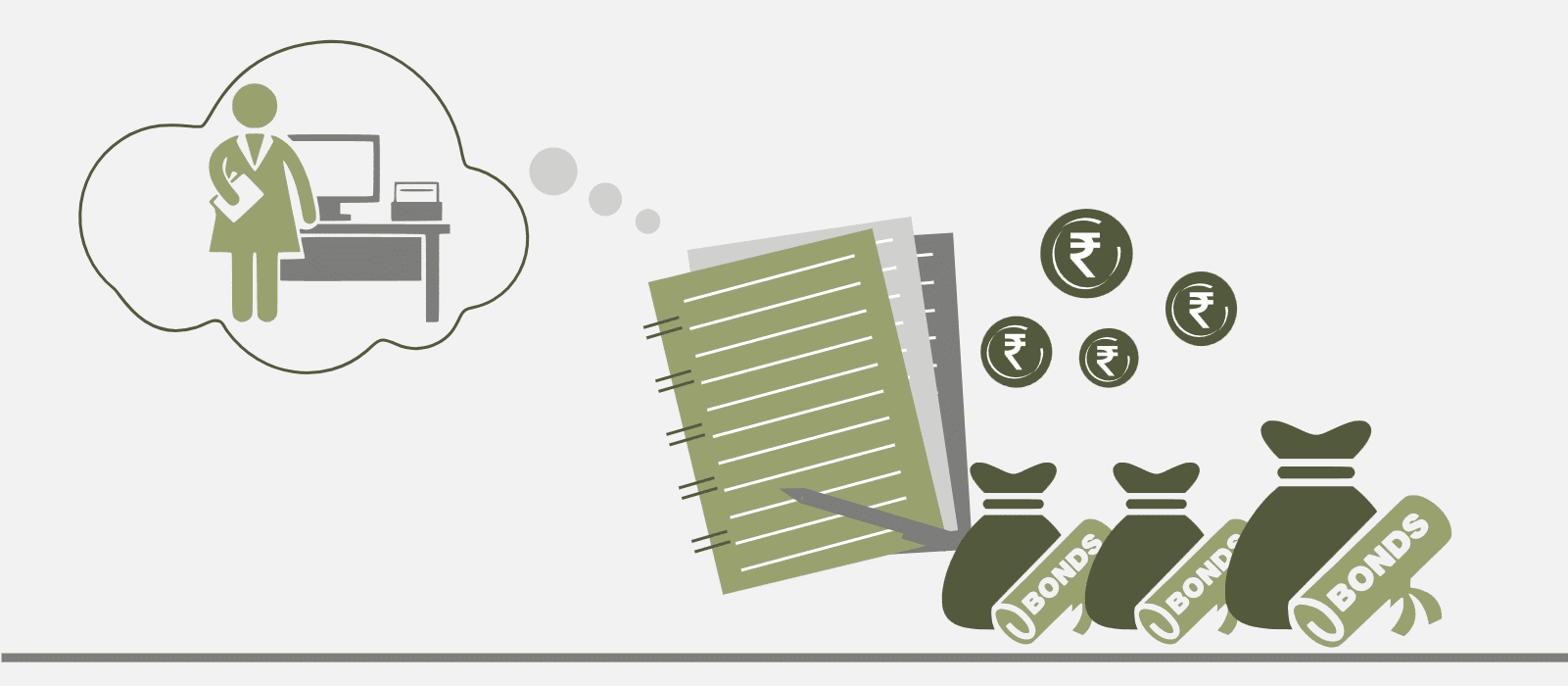Exchange-traded funds (ETFs) and mutual funds are the most popular investments in South Africa, and they give the investor the resources to diversify portfolios and grow wealth over time. Both offer the investor access to alternative investments through different means and to various vehicles. It is necessary to break the two down to give the investor the most excellent choices in the future.
ETFs versus Mutual Funds
ETFs and mutual funds are the same in the sense that they pool funds from numerous people to invest to raise money to cover a portfolio of investments, bonds, and equities. However, function and design differ.ETFs, like equities, are traded and sold all day on the JSE. Mutual funds are priced at the end of the day, so you cannot buy and sell them at intraday prices.ETFs also have no experts and follow an index, making them cheaper. Specialist fund managers run mutual funds and are usually run to try and make some kind of market prediction, so they are more expensive.
Are ETFs More Worth It Than Mutual Funds?
This depends on the investor’s goal, strategy, and risk. ETFs are flexible in that they can be bought and sold at any time of the day, and the investor can immediately react to the changes in the market. This is advantageous for the investor who wishes to take advantage of the short-term movements in the market. Mutual funds are not so flexible as they are purchased and sold at the end of the day.
Expense is another critical problem. ETFs generally have lower expense ratios compared to actively managed funds. Since most ETFs track an index and are not included in active management, lower overhead is used. Active fund managers are associated with more research, analysis, and trading, and thus, the funds, and more precisely, the actively managed funds, are associated with more expenses.
Tax efficiency is also a plus that the ETF enjoys. You would be subject to capital gain tax if you were to sell mutual fund units in South Africa since fund managers continuously sell and buy the securities in the fund, generating taxable events. The ETF typically has limited taxable events, as the fund has a passive strategy and low turnover.
Why Buy an ETF over a Mutual Fund
One of the most compelling reasons is cost-effectiveness. Because ETFs are passively managed and track an index like the FTSE/JSE Top 40, their fees are lower than actively managed mutual funds. Lower costs mean that investors get to retain more of their returns after a long duration of time, which can be a tremendous influence on long-term wealth creation.
The other substantial benefit is liquidity. The ETFs are intraday tradable at market price, and the investor can get in and/or out at their convenience. On the other hand, mutual funds have an end-of-day price, and thus, investors lose intraday price moves. This puts the ETF most in demand for those who seek responsiveness and responsiveness to the market.
Another benefit to ETFs is that they are transparent. You can easily follow what is contained in an ETF because it is reported daily, as opposed to the mutual fund’s less frequent reporting. This gives you more insight into which funds are being invested in an investment.
What Are the Two Primary Differences Between ETFs & Mutual Funds
One of the significant distinctions lies in how they are traded. ETFs are traded in the same manner as stocks and are bought and sold at any point during the day during JSE market hours. Investors may also enter stop-loss and limit orders, and some ETFs can even be traded by options, allowing investors more control over the investments. Mutual funds are, however, sold and bought only at the net asset value (NAV) at the end of the trading day. This means that the investor in the mutual fund does not have the same level of control over entry and exit points as the investor in the ETF.
The second area of divergence is in terms of cost structure. ETFs typically have fewer expense ratios than actively traded mutual funds whose fund managers continuously analyze and trade the holdings. The active buying and selling bears a more significant expense, and the net return for the investor might be adversely impacted. The fact that ETFs are cheaper means they provide a great investment option for investors in South Africa who are frugal and seek long-term appreciation.
Why Do ETFs Cost More Than Mutual Funds
Although the ETFs are cheaper to manage on a management fee basis than the mutual funds, they also have other expenses that might cost them more in some situations. A significant other cost is the commission. Because he/she buys them in the same manner that he/she buys and sells stocks, he/she will likely pay a broker’s commission. This could be costly, mainly if he/she trades constantly.
The bid-ask spread is another factor to consider – the difference between the buying and selling price of an ETF. While the mutual fund is purchased and sold at the NAV continuously, the ETF price fluctuates throughout the day, so the investor will pay a bit more than the NAV to buy and less to sell. Dissimilarity of prices may impact total return, most significantly in cases of less-actively traded ETFs.
ETFs also incur tracking errors, where the fund cannot precisely match the return of the fund’s underlying index. This, by rule, is minor and contributes little to the return on the investment.
What Is the Negative Side of ETFs
Despite their strengths, ETFs also have their downfalls. Among their most significant pitfalls is in the market movement to which they are susceptible. Because they trade like a stock, there is price variability intraday, and this presents additional short-term risk to the investor. Compared to what faces the mutual fund, the price structure is less stable as the fund only gets priced once a day.
Another potential drawback is that trading is costly. Active buyers and sellers pay enormous commissions and bid-ask spread charges, nibbling away at profits.ETFs are inexpensive to be long-term but not ideal if you are an active buyer and seller.
Furthermore, all ETFs are not alike. Some ETFs are illiquid, i.e., there are few buyers and sellers in the market simultaneously. This can make it difficult to execute trades at reasonable prices. Investors must study ETF liquidity extensively before making any investment decision.
Final Thoughts
ETFs and mutual funds each bring different pluses and minuses, and both are suited to various South African investor types. ETFs provide less cost, more flexibility, and tax efficiency and are best suited to investors who want low-cost, diversified holdings. However, mutual funds provide expert management and are best suited to investors who wish to invest via a less active approach.
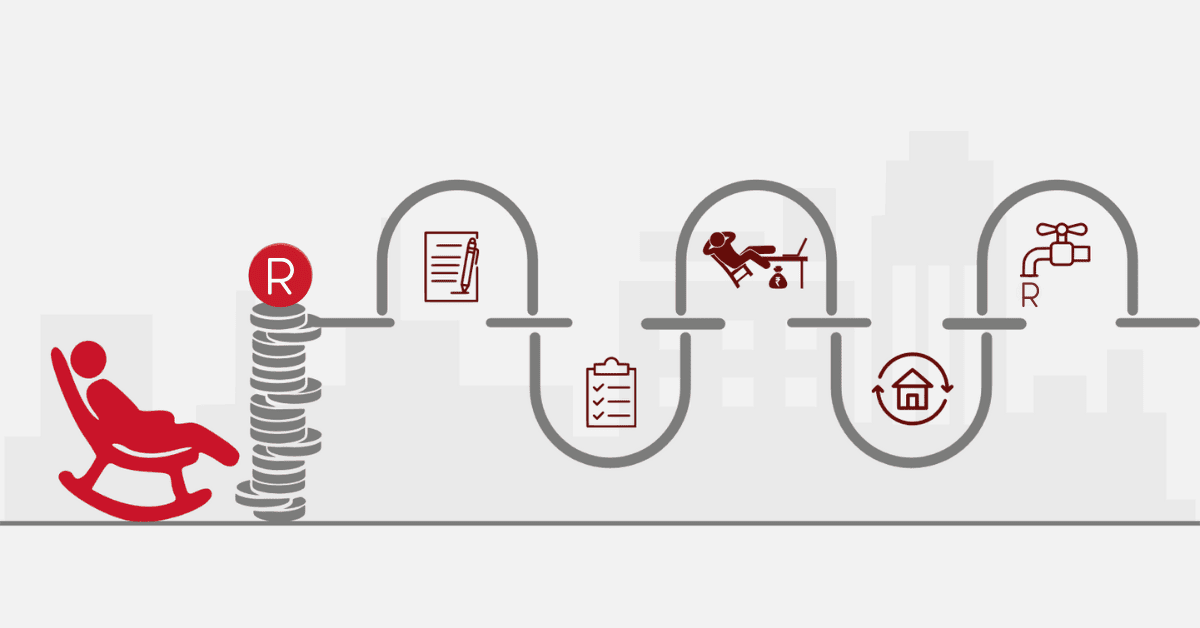
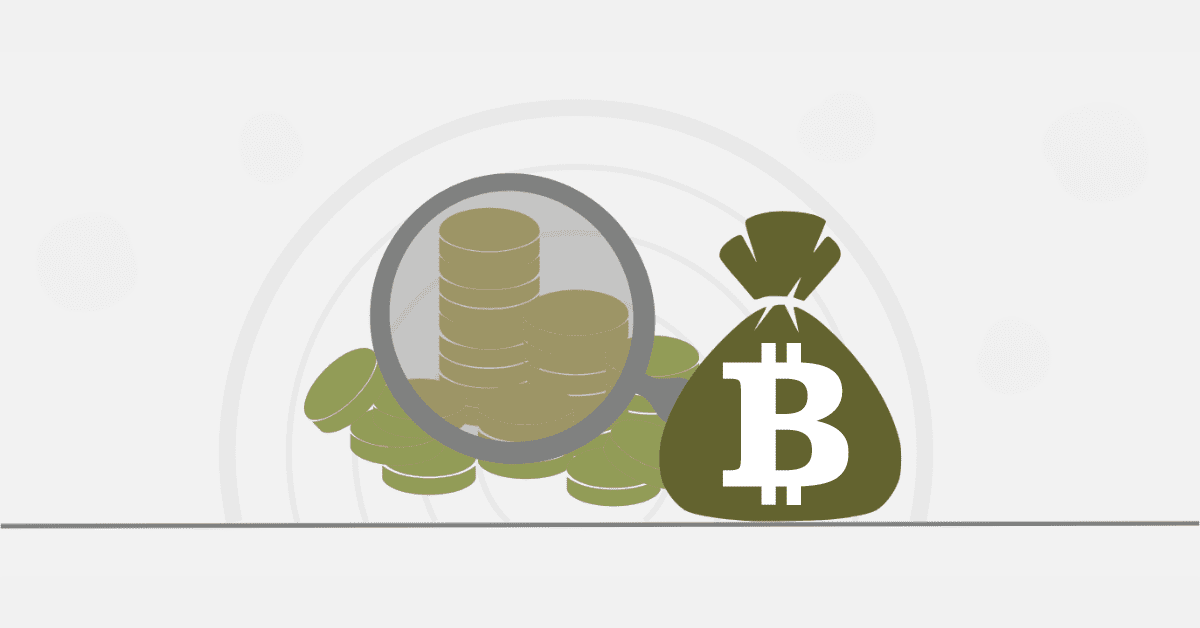
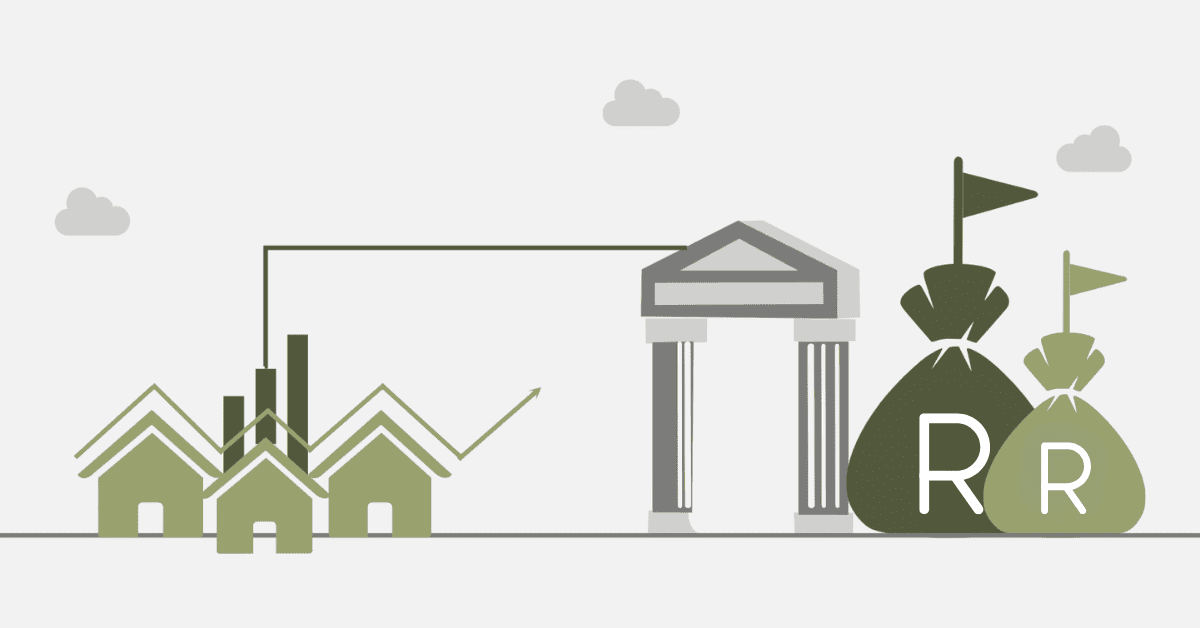

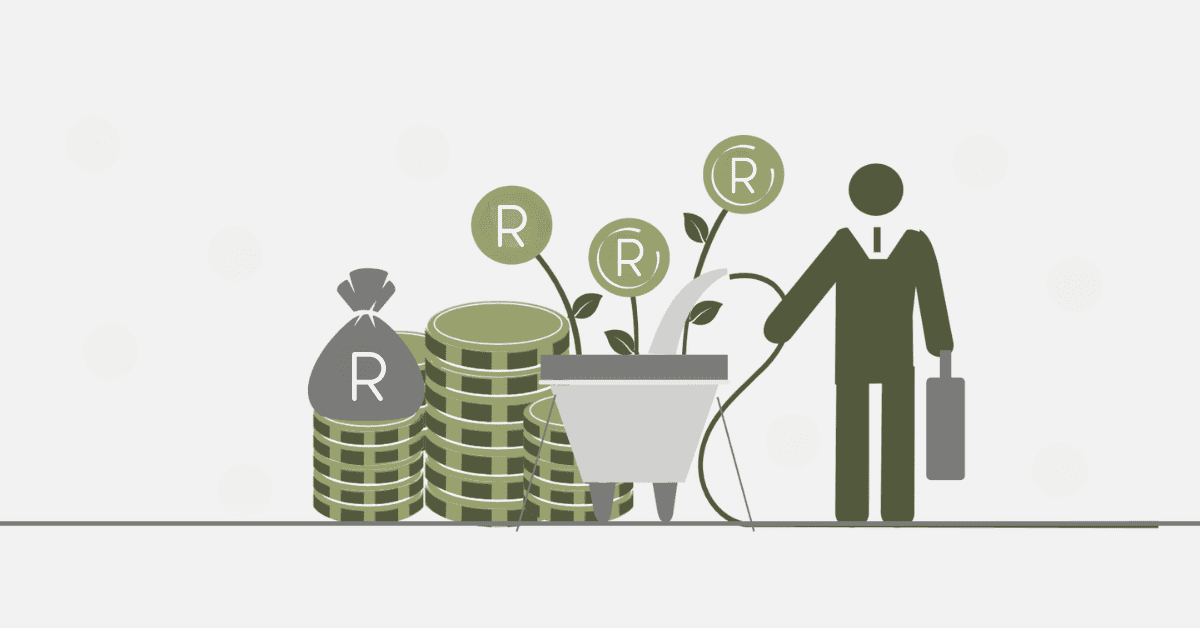

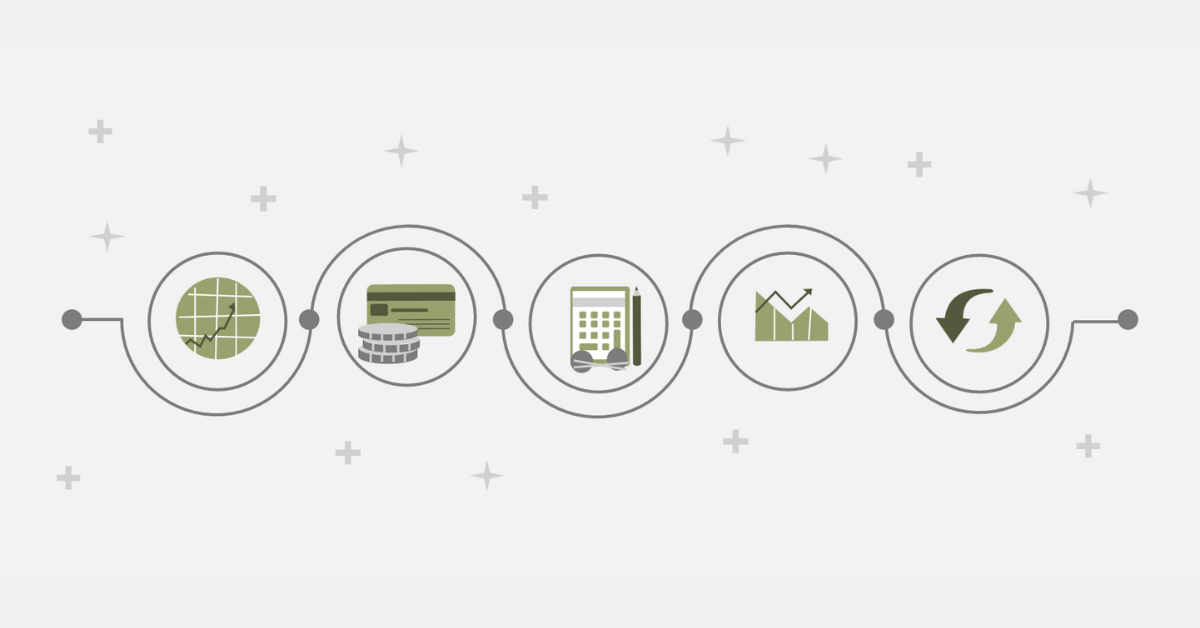
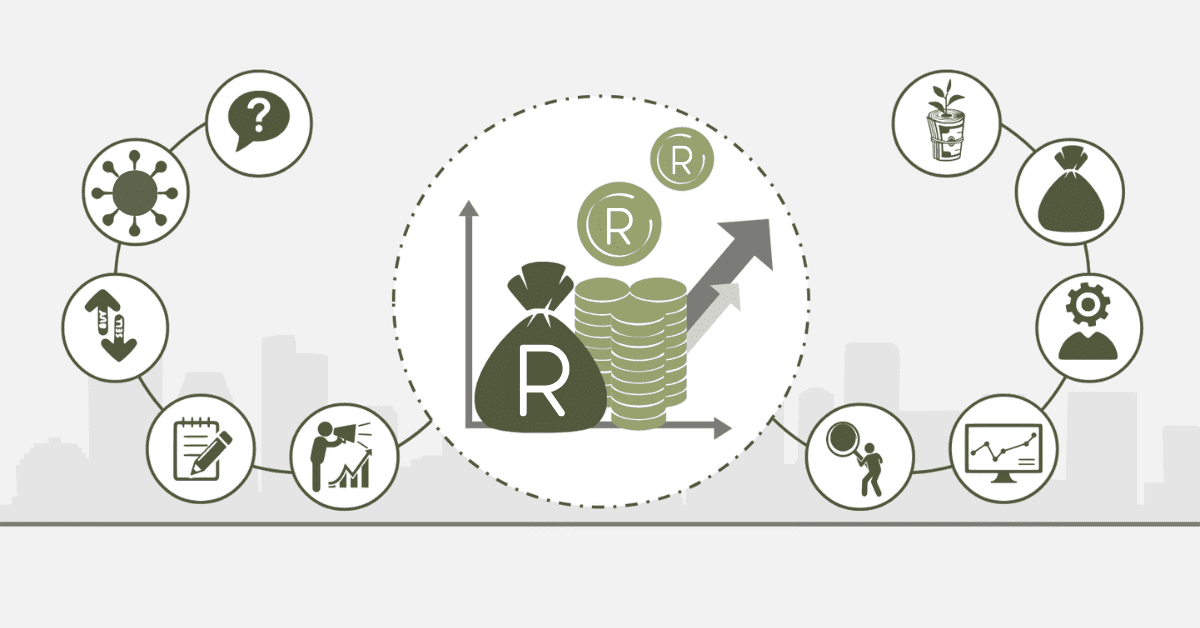
![Internal Rate of Return [IRR] – Calculation](https://www.searche.co.za/wp-content/uploads/internal-rate-of-return.webp)


